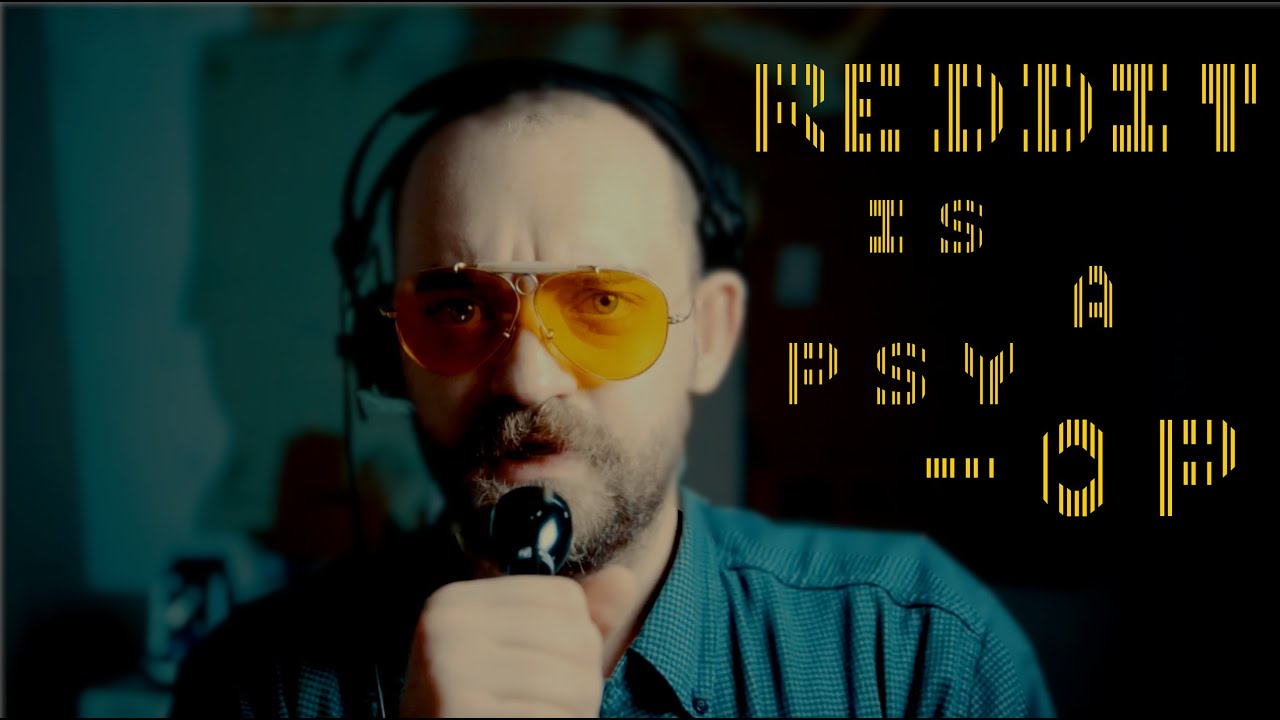

I have considered about doing this and when the thought occurred to me i checked my fw version and saw that it was the recommended one. I turned my wifi off in the event that I would want to jailbreak but then hesitated last minute when i read some comments about the ko reader interface being almost too feature rich as to make navigation and other changes text and menu heavy. This post has me reconsidering














Love this song, love the original brains version. First one i heard was this one by high standard. Cyndi’s version is great for karaoke